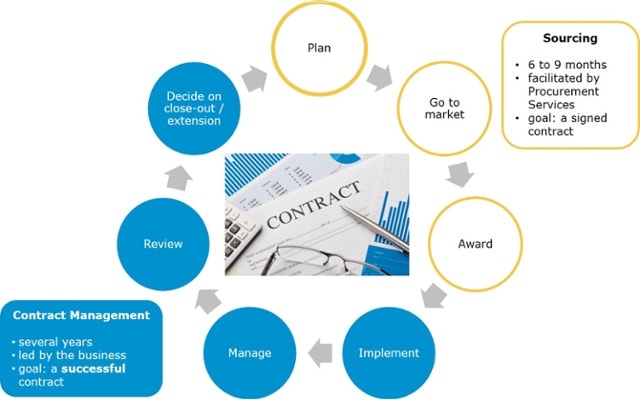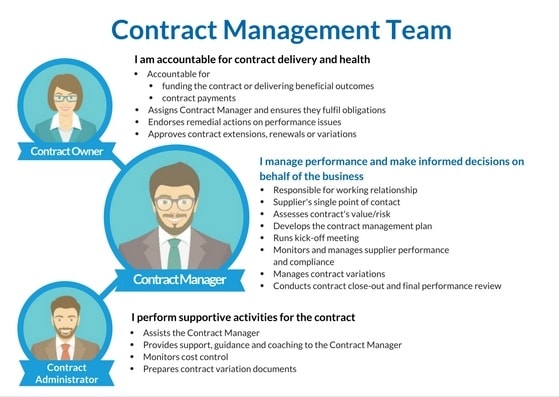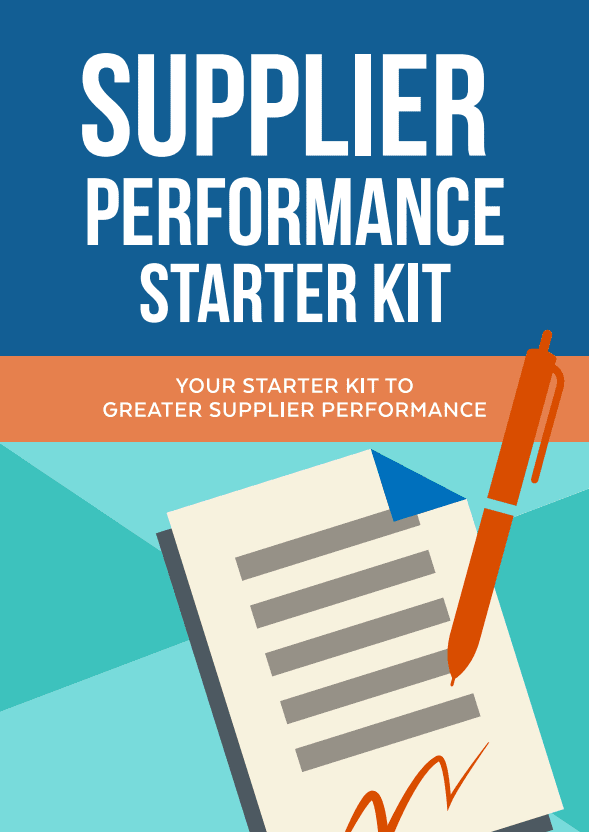Contract management in procurement and why Contract Managers are so important

Contract Managers should be taken seriously
Contract management is often something that gets thrown at you with little explanation of what is required, little to no training in how you monitor supplier performance or understanding on how to avoid the biggest traps.
Often your procurement colleagues see their work as done and dusted once the contract is signed. But this is just the beginning!
Contract management can make or break your procurement
All the hard work that comes with a successful procurement can quickly unravel with poor contract management. Contract managers have a pivotal role to play in nurturing supplier relationships to manage risk and identify opportunities to achieve the best possible supplier performance and outcomes for the organisation. Contract managers are responsible for reducing the Disappointment Gap and should be placed in higher regard and given greater recognition by the organisation.
Contract Management Process recap
Following the Sourcing phase, contract management is the stage of the procurement cycle during which the goods and services are delivered in a manner that satisfies the requirement stated in the Request for Tender or agreed Statement of Work.

Figure 1: Procurement Cycle
Contract management and managing suppliers is a team effort. Having the right skills and competencies on the team is critical for delivering great results.
Who’s who in the contract management zoo?
Once the sourcing process is completed, Procurement hands over the responsibility of contract management activities to the contract management team.
Contract management teams are typically made up of three key players:
- Contract Owner
- Contract Manager
- Contract Administrator.
Each player is responsible for different, but complementary, facets of contract delivery. Here’s who does what.

Figure 2: Contract Management Team
Key responsibilities of the Contract Manager
The contract manager is like the Vice-Captain of the team. In short, the contract manager is responsible for managing the day-to-day activities and other players associated with delivering a contract.
At the coalface of the supplier relationship, contract managers hold the supplier accountable for delivering the goods and/or services outlined in the contract to achieve the best service and value for money. To do this, the contract manager has a range of responsibilities they must complete at each phase, including:
Phase 1: Implementation
(Usually includes a transition from old supplier or previous contract).
- Assess the contract value and risk
- Develop the contract management plan
- Run the kick-off meeting with the supplier
- Build a strong working relationship.
Phase 2: Contract Management
- Manage supplier performance: collate and review data, conduct performance meetings, promote good performance and manage under performance issues
- Monitor contract payments: confirm when milestones are met
- Manage complaints: collate information
- Manage extensions: conduct review
- Manage variations: review and approve variation documents.
Phase 3: Review
- Conduct final performance review meeting and report.
The Contract management linchpin
With a wide range of responsibilities, your contract manager is the linchpin to achieving your contract’s objectives.
A Contract Manager needs to be a Jack-of all-Trades to manage supplier performance and get winning results for his or her organisation. Read more about Jack and the essential skills good contract managers need to become great.







